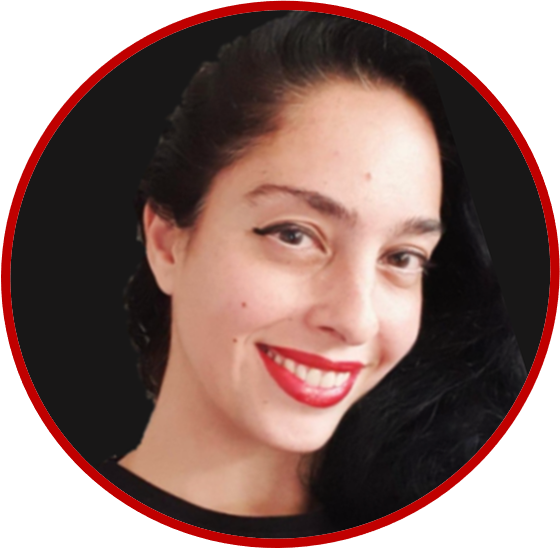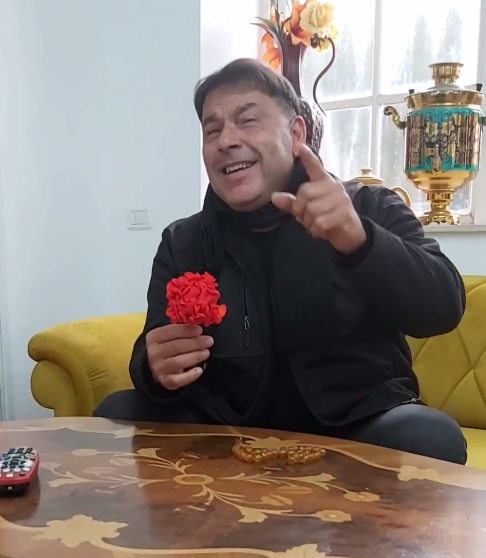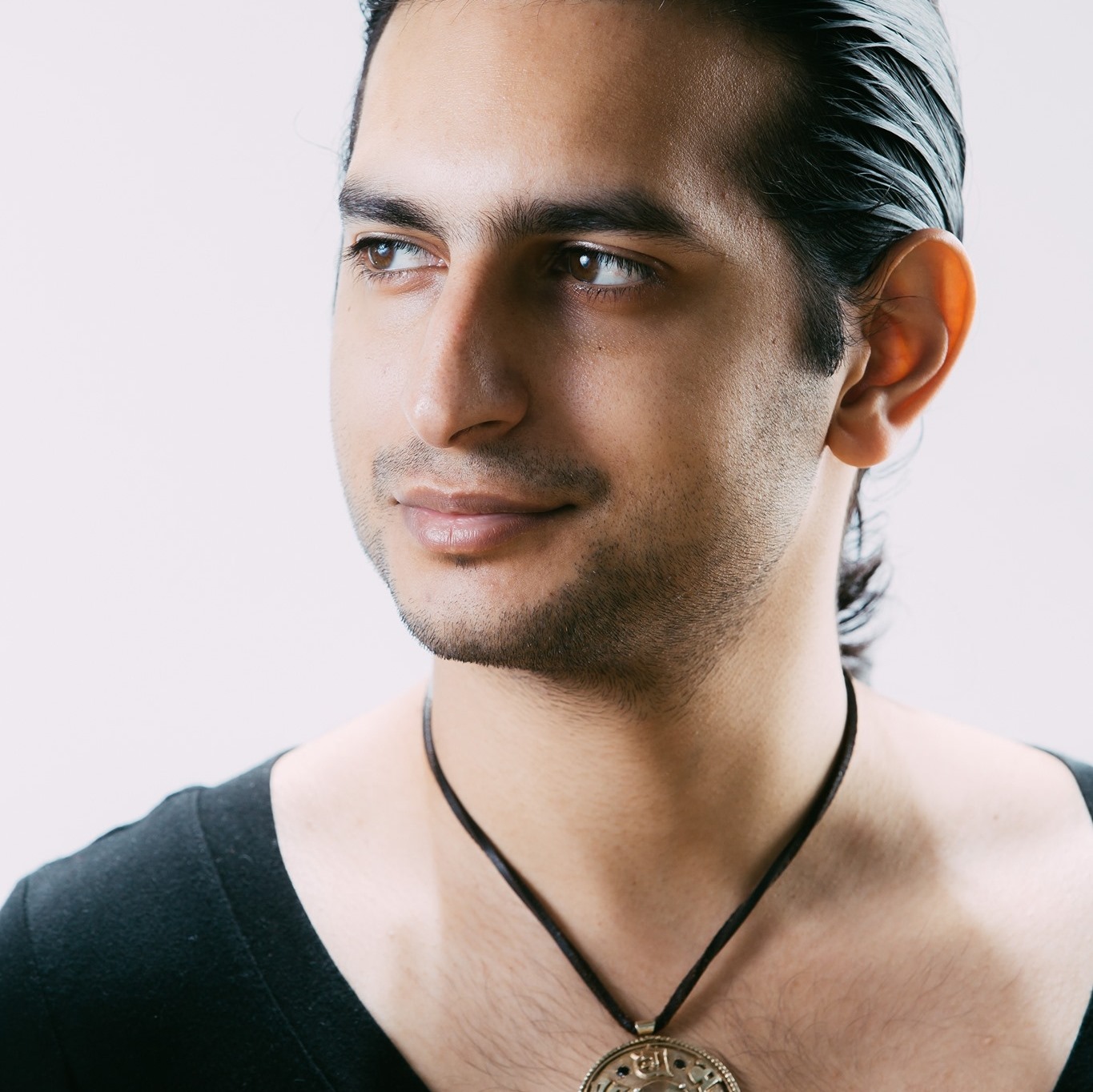9th Abril 2021 – Shabbat is almost here
And today we’ll listen (and possibly, dance) to some music with Kurdish roots, by Ronen Yona and Zafrid Ifrach.
Hello! How are you? I am late, I know, but still much before the beginning of Shabbat.
 I have been thinking a lot about the focus of today’s edition. Yesterday was Shoah Remembrance Day. And about a year ago, at this time of year, the piece we heard was a Kaddish, beautifully performed by Cantor Hans Bloemendal (it still brings me to the verge of tears to hear it, don’t miss it), at a time of particular sadness and confusion because of the pandemic that about 3 weeks ago had driven us into confinement and would be about to destroy so many things built up over months and years…
I have been thinking a lot about the focus of today’s edition. Yesterday was Shoah Remembrance Day. And about a year ago, at this time of year, the piece we heard was a Kaddish, beautifully performed by Cantor Hans Bloemendal (it still brings me to the verge of tears to hear it, don’t miss it), at a time of particular sadness and confusion because of the pandemic that about 3 weeks ago had driven us into confinement and would be about to destroy so many things built up over months and years…
The confrontation between being swept away by the sadness or grasping a thread of the fuse of hope and joy that lies ahead of us was strong. I chose to dance.
Share the joy of music and learning with your beloved ones. Share MBS. Thank you in advance.
About Ronen Yona
 ? I “stole” this picture from a video on his Facebook profile. Click on the picture to listen him singing a capella. It is absolutely enchanting!!!
? I “stole” this picture from a video on his Facebook profile. Click on the picture to listen him singing a capella. It is absolutely enchanting!!!This morning I asked Ronen Yona as a friend on Facebook and he accepted me almost immediately. How lucky! I greeted him, congratulated him on his art and he sent me a lovely voice message to say hello, with that deep voice. His spoken voice is as deep as his singing voice and he seems to be a complete gentleman.
What more can I say? You know… As my mother says, the people I talk about in MBS are always dead. Well, almost always. And their biography is usually kind of complete. Ronen Yona is perfectly alive. He is an artist of Kurdish origin, who sings and plays the zurna (more on this below) and percussion (the drum dohol is strongly associated to the zurna). His father, Nissan Yona, about whom he talks often on his Facebook, was also a musician, player of zurna. He has at least one album, called Reh (2009). I have discovered him in the video by the DJ and producer Zafrir Ifrach. Do you want more of Ronen singing all by himself? Check this too!
About the zurna
The zurna is a double reed wind instrument, of the family of the oboes. Its name seems to come from two persian words: zur, that means feast, and ney, that means reed. Very similar instruments can be traced far way, like in China, the suona, and of course, in the North of Africa and all over the Middle East. In my country, Spain, we have the dolçaina (in the Mediterranean area, meet my friend Eduard Navarro in this video playing it) or the dulzaina (in the center of Spain). As the sound of the zurna is very strong, they were included in the Ottoman military bands, called mehter.

About Zafrir Ifrach
? This picture is from Zafrir’s facebook page.
In addition to the fact that I discovered Ronen Yona on his YouTube channel, this artist is a DJ and producer, who is also a musician (in fact, he plays various plucked string instruments in the videos). I think he is of Kurdish origin as well, but it is an assumption, as I have not found any source to say for sure.
Here you are his official website. And this is his Youtube channel.
